The Role of Confidence in Learning
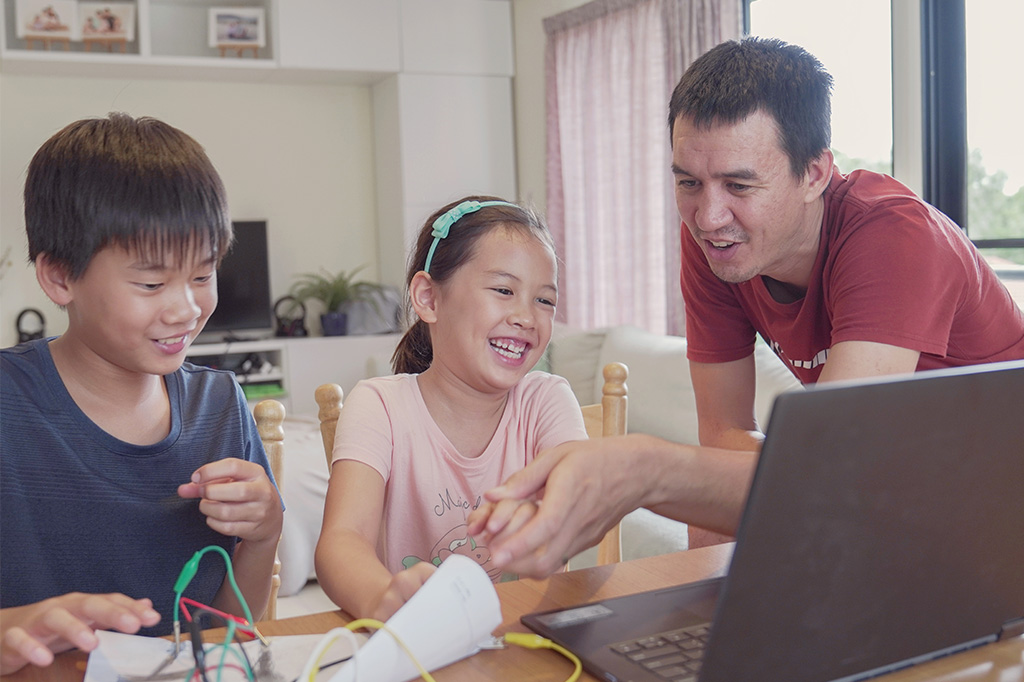
⏱️ 5 min read
A classroom ally
Not all students are confident at school. Even a child who is generally open and outgoing at home, among family, friends, may seem less so in classrooms.
A young learner typically discovers a topic that interests them and confidence stems from there. As they develop an interest in a topic, they often seek out more information on it. For example, children who like cars may wish to know further about why cars move and stop. This would lead them to learn about forces—such as wheels, axles, friction or even air resistance. Also, they’ll learn about the different types of energy resources (e.g. fossil fuels vs. electric).
When knowledge leads to new knowledge with such momentum we can discover a very positive spiral. The confidence gained from early learning manifests itself throughout Primary years—it lasts. Eventually, the repetition of good exercises forms a path leading to a content, keen or dedicated young student.
A positive spiral
Confidence is a powerful ally in a child’s learning and school life. Students who carry their confidence into school will likely speak up and express their opinions in front of the whole class. Undoubtedly, they are the pupils most willing to ask for the teacher’s help when they need it.
Confidence is a well-rewarded trait and teachers generally appreciate it. Individually, it converts distractions into focus and it embeds the ultimate learning skill: concentration.
Certainly, confident children are more able to motivate themselves to take up challenges. Typically, they will seek to go beyond their current level, and the classroom level, to expand their knowledge. Naturally, their confidence will carry them into blissful independent study, the state of curiosity where studying is pleasantly habitual.
A study in Iranian primary schools revealed that there is a strong relationship between the students’ levels of self-esteem (confidence) and their academic achievements.
200 students (100 boys, 100 girls, aged between 7–10) responded to a questionnaire about their personality traits. It measured their degrees of extraversion/introversion, mind stability/anxiety and socialisation. The researchers put the scores together to determine the students’ levels of self-esteem, and compared them over two terms.
As a result, they found positive correlation between the students’ self-esteem level and their overall achievements, concluding that children’s confidence significantly influences how well they perform in schools.
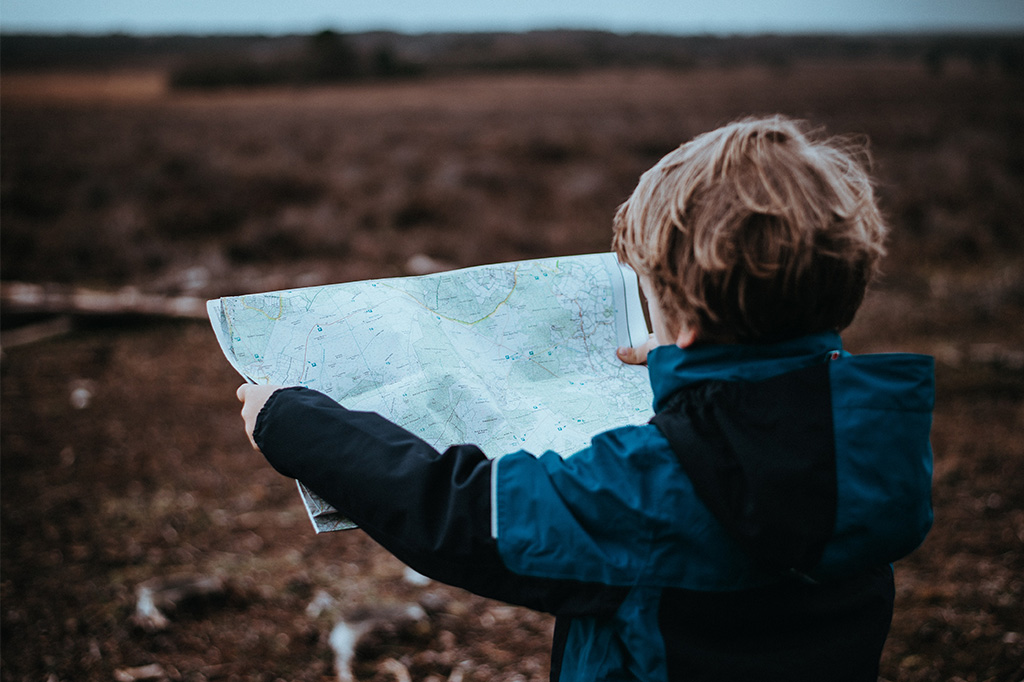
So the question presents itself:
How do we instil confidence in a young student?
Learnest starting points
Since school is primarily a place of learning, some familiarity with that process will help in preparation for a confident start to school life. Ideally every child should be introduced to the concept of learning before they begin their formal schooling.
As we have seen above, many of the crucial learning skills benefit from confidence—skills such as concentration, speech and communication, and dealing with challenges. The importance of these skills are also emphasised by the UK governments, who set the Early Learning Goals (ELG) to prepare for the transition to Key Stage 1. For example, the ELG state that young learners should aim to:
- express ideas and feelings about children’s own experiences
- take part in group or one-to-one discussion with recently learnt vocabulary
- give focused attention to what the teacher says and engage in class activities
- be sensitive to their own (or others’) needs, asking questions when required
- be confident to try new activities
Learnest’s Pre-School materials are designed to help children reach and exceed these goals. Mini Digi Books consist of several pages, each illustrated and described with a light text. They make for the best use of screen time—initially, accompanied by you so they can hear your reading, and later alone focusing their own thoughts on each page.
To see these imagery and words is to begin the absorption of information, or knowledge. Children master touchscreen technology intuitively. Thus, they experiment with the page in front of them—moving to where the answers lie. As their familiarity with a topic grows, they’ll swipe up and down to check again, zooming in and out for detail they are attracted to—all the while learning.
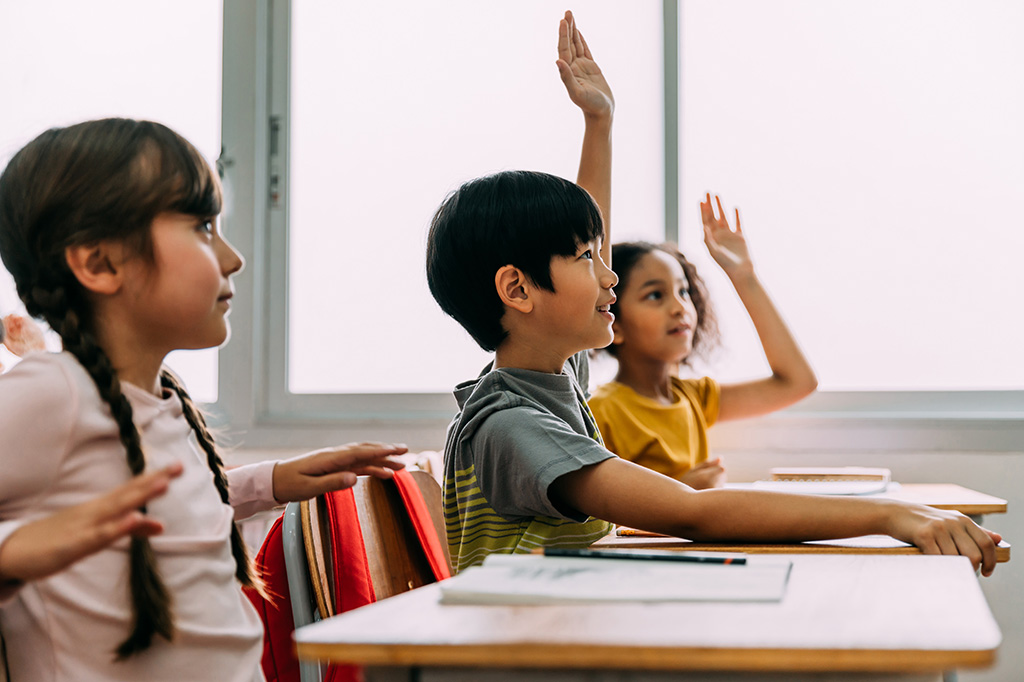
Learnest on curriculum
An early grasp of the school curriculum subjects can seal confidence in a Primary student. Thankfully, Learnest’s designers had this high in mind when they chose a ‘bright’ scheme. In fact, whenever a child gets down to homework using our support materials, we presume to include them, and motivate them—
- Bright and illustrated
- Clear, readable texts to keep attention
- Simpler, shorter sentences make it easier for students to absorb the key points
- Language chosen to expand the student’s vocabulary
- Language chosen to feed the student’s creative writing at all levels
- One topic per page
- Layouts are easy to navigate
Moreover, Learnest’s L1, L2 and L3 materials aid the learning journey of Maths and Science across the Primary curriculum. With the key points and vocabulary laid out concisely, the materials help students learn or revise the essential knowledge. Consequently, this raises their confidence in the subject. The confidence established in this period of childhood nourishes their academic life—in classrooms, during exams, even after Secondary school and beyond. So we ask, where in life isn’t confidence useful?
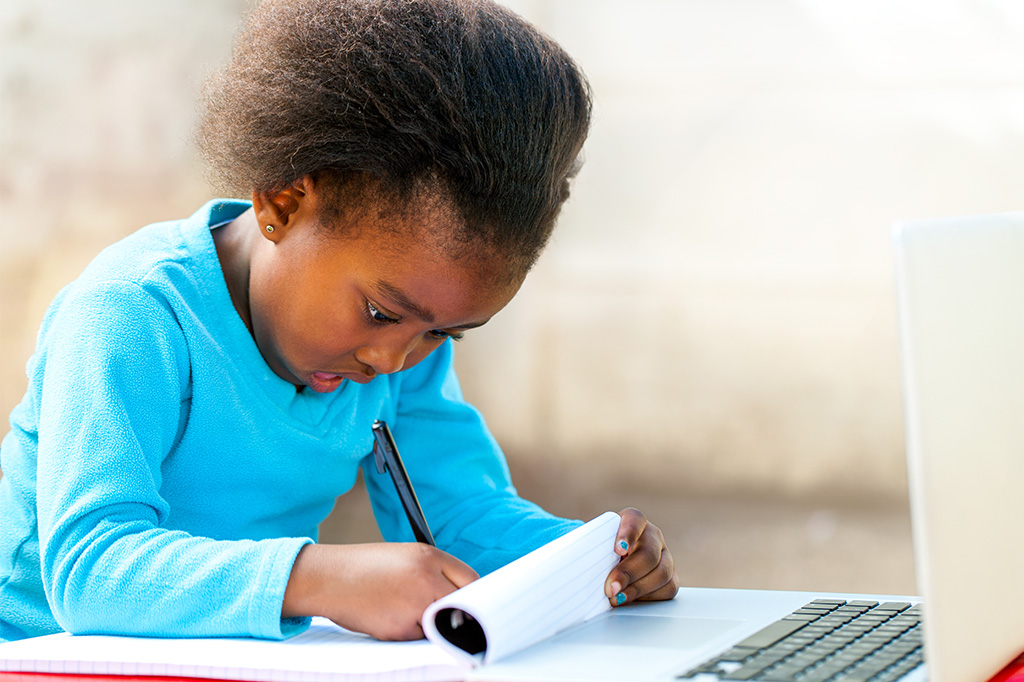
Growing with Learnest
As a child’s confidence grows, so can their passion for learning—ultimately giving rise to a truly curious young mind. A young reader or writer and knowledge-seeker is often borne this way. By design, L+ materials help students gather exciting information on wider topics at a higher level, at their own pace.
Going beyond the curriculum with L+ topics keeps the learning spiral going in the right direction. That is confidence itself, manifested in a child commanding its studies and ahead of the curve.
Since confidence breeds confidence, we should aim to fill our children with it as early as possible, otherwise we will forever play catch-up.
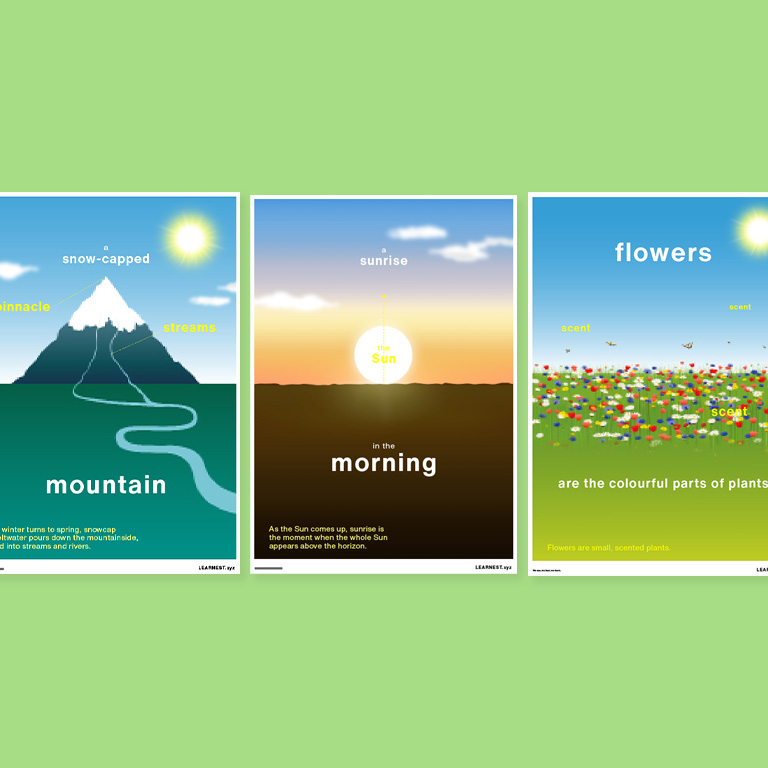

Posted 28 April 2021
Authored by Asano Katashima
Edited by Elliot Paine
2021 © All Rights Reserved. Learnest.xyz